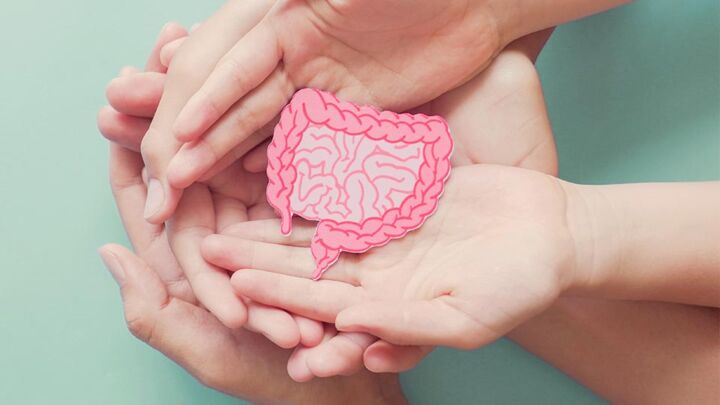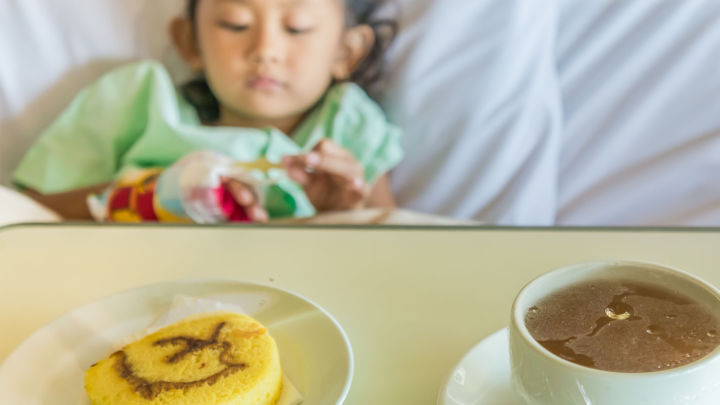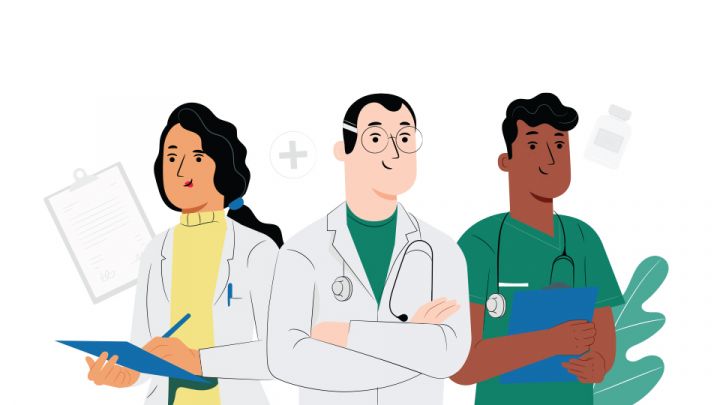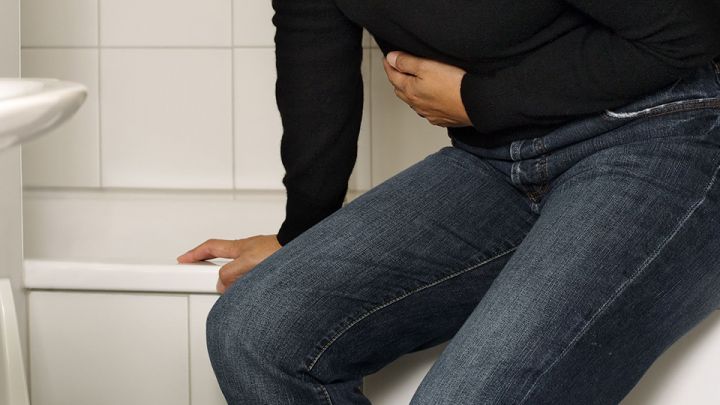Raffles Cancer Centre is committed to deliver holistic cancer care, ranging from screening and diagnosis, to treatment and long-term care. Our Centre’s specialists bring with them a full array of cutting-edge knowledge, experience and skills to treat all solid tumours both rare and common.
In line with Raffles Medical Group’s Group Practice Model, we have a team that provides seamless care required in cancer diagnosis, investigations, surgery, treatment, nursing, rehabilitative care and supportive care of cancer patients in their walk. Impeccable multi-disciplinary team-based care is translated into personalised service by the hand of the oncologist.
Services
Genetic Testing and Counselling
While cancer is largely caused by lifestyle factors, it can also be hereditary. Certain cancer-causing genes may run in your family, increasing your risk of inherited cancer. Besides using screening tools to confirm the symptoms of cancer, our oncologists can also help you assess your risk of getting inherited cancer via genetic tests. They can recommend the right tests to you, as well as help you make informed decisions to manage or prevent the cancer.

Cancer Treatment and Management
We have the necessary expertise to treat and manage various cancers, including:
Breast Cancer
Breast cancer is the top cancer affecting women in Singapore. It occurs when your breast cells start growing and dividing uncontrollably. It may grow slowly in some people, while developing more rapidly in others. While most breast cancers start in the milk ducts, a small number may start in the milk sacs or lobes.
Lung Cancer
In Singapore, lung cancer is the number two killer among males, and the third among females. Lung cancer usually occurs in cells lining the airways. As the cancer grows and spreads, it may interfere with the normal functioning of the lungs, and eventually spread to other parts of the body if left uncontrolled.
Other Cancers We Treat:
- Colorectal cancer
- Liver cancer
- Ovarian cancer
- Cervical cancer
- Gastrointestinal Cancers
- Head & Neck Cancers
Clinical Trials
We also participate actively in clinical trials to evaluate emerging medical treatments. These trials may give you access to promising new treatment methods not commercially available, allowing you to potentially be the first to benefit from them.









